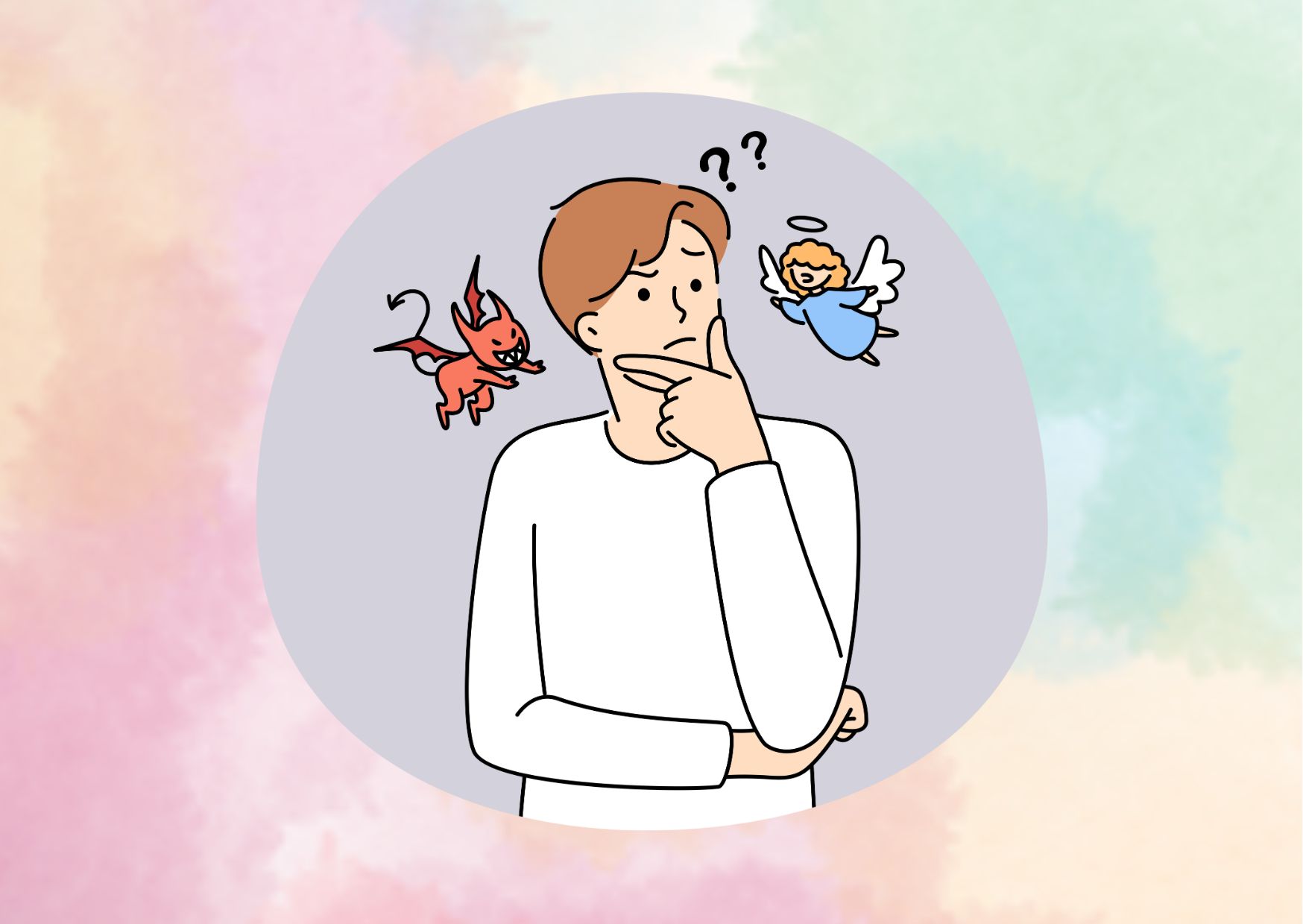Emotional Infidelity 6 Telling Signs: Understanding, Effects, and Recovery
Disclaimer: This article is for informational purposes only and should not be considered a substitute for professional advice. If you or someone you know is experiencing emotional infidelity or any other mental health concerns, please seek the guidance of a licensed therapist or counselor.
Introduction
Emotional infidelity is a complex and often misunderstood topic that can have profound effects on individuals and relationships. While it may not involve physical intimacy, emotional cheating can be just as damaging, if not more so, as it undermines trust, emotional connection, and the foundation of a partnership. In this comprehensive guide, we will explore the psychology behind emotional cheating, its impact on mental health and relationships, and strategies for recovery and rebuilding trust.
Understanding Emotional Infidelity
Emotional infidelity occurs when one person in a committed relationship forms a deep emotional bond with someone outside the partnership. This connection often involves sharing intimate thoughts, feelings, and personal details that are typically reserved for a romantic partner. While emotional cheating does not involve physical intimacy, it can still be considered a form of betrayal as it violates the emotional exclusivity expected in a committed relationship.
It is important to note that emotional infidelity exists on a spectrum, and what may be considered crossing the line for one couple may be seen as harmless by another. Each individual and relationship has unique boundaries and expectations, which can make defining emotional cheating a subjective and challenging task.
Is Emotional Cheating Real Cheating?
The question of whether emotional cheating is considered real cheating is a matter of perspective and individual values. While some may argue that physical intimacy is the defining factor of infidelity, others believe that emotional betrayal can be just as devastating. Emotional cheating can erode trust, create feelings of insecurity and jealousy, and lead to a breakdown in the emotional connection between partners.
It is crucial to recognize that emotional cheating can cause significant harm to a relationship and the individuals involved. Ignoring or dismissing the emotional needs and connections outside of the partnership can lead to a deterioration of trust, communication, and overall relationship satisfaction.
Effects of Emotional Infidelity on Mental Health
The effects of emotional infidelity on mental health can be far-reaching and profound. The discovery or suspicion of emotional cheating can trigger a range of intense emotions, including betrayal, anger, sadness, and insecurity. These emotions can lead to increased stress, anxiety, and depression, impacting overall mental well-being.
Individuals who have experienced emotional infidelity may struggle with trust issues, self-esteem issues, and difficulties forming and maintaining healthy relationships. The emotional toll of infidelity can be long-lasting, requiring time, effort, and professional support to heal and rebuild.
The Psychology Behind Emotional Cheating
Understanding the psychology behind emotional cheating can provide insight into why individuals engage in this behavior and the underlying factors that contribute to its occurrence. Some common psychological factors that may contribute to emotional infidelity include:
1. Emotional Dissatisfaction
When individuals feel emotionally unfulfilled or neglected in their current relationship, they may seek emotional support and validation from someone outside of the partnership. This can create a sense of connection and intimacy that is lacking in their primary relationship.
2. Intimacy Issues
Emotional infidelity can arise from intimacy issues within the relationship, such as a lack of emotional connection, communication, or physical intimacy. Seeking emotional fulfillment outside the partnership may be an attempt to fill the void and address unmet needs.
3. Escaping Relationship Problems
Some individuals may turn to emotional connections with others as a way to avoid confronting and resolving underlying relationship issues. Rather than addressing the challenges within the partnership, they seek emotional support and companionship from someone outside of the relationship.
4. Personal Insecurities
Individuals with personal insecurities may be more prone to engaging in emotional connections outside of their relationship. Seeking validation, attention, and affirmation from others can temporarily alleviate feelings of inadequacy and boost self-esteem.
5. Desire for Novelty and Excitement
The allure of curiosity and novelty can lead individuals to seek emotional connections outside of their relationship, even if they have no intention of pursuing a physical affair. The excitement and thrill of a new connection can be enticing and provide a temporary escape from the routine and familiarity of a long-term partnership.
